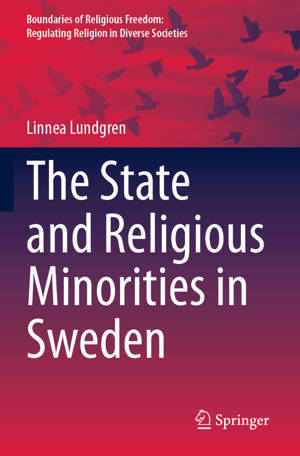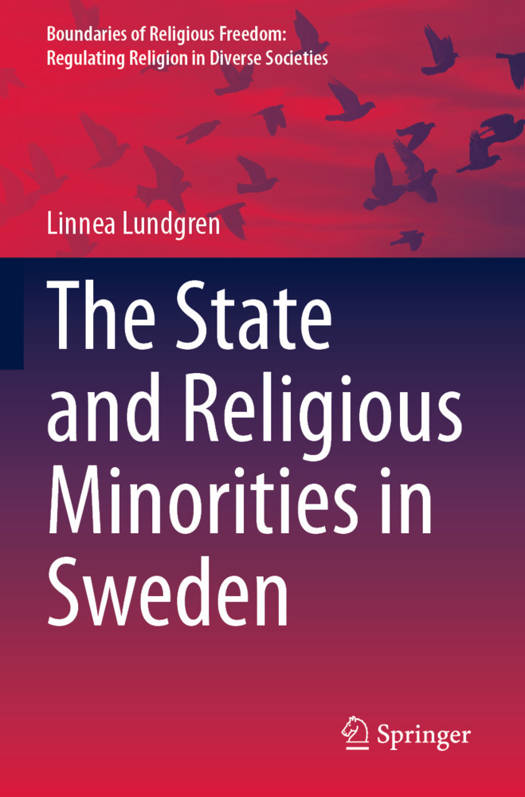
- Retrait gratuit dans votre magasin Club
- 7.000.000 titres dans notre catalogue
- Payer en toute sécurité
- Toujours un magasin près de chez vous
- Retrait gratuit dans votre magasin Club
- 7.000.0000 titres dans notre catalogue
- Payer en toute sécurité
- Toujours un magasin près de chez vous
Description
This book, a revised version of Lundgren's PhD thesis, offers a deepened understanding of the changes in the governance of religious diversity and the complex relationship between state and religion. Linnea Lundgren explores how the narrative of risk and resource came to be by looking beyond the developments in the last few decades (particularly since 9/11) and analysing how the governance of religious diversity has developed over time. In particular, she focuses on the case of Sweden that is often regarded as one of the most secular countries in the world, while simultaneously being recognised as one of the most multi-religious countries in Europe due to a rise in immigration. This book reveals how the state has had a central role in setting the terms and conditions that both enable and limit what religious communities can do, thus shaping the function and role of religion in the public realm.
Through the analysis of an extensive number of government documents over a period of seventy years (1952-2022), Lundgren challenges the idea that many of the recent controversies concerning religious diversity are new. She argues that many of the discussions held today regarding the accommodation of Muslims are decidedly similar to previous discussions regarding the management of Catholics and the Free Churches in the 1950s and 1960s. She shows that the underlying fear has remained the same; that the individual's rights can become weakened or diminished in religious communities and that religious minorities will challenge the common shared values of the society. In light of this Lundgren concludes that in order to understand what is really at stake in the debate regarding religious diversity in Sweden today, there is a need to look at underlying tensions that exist between the state, civil society and the individual, a relationship that differs considerably in the Nordic context compared to other contexts. This text appeals to students and researchers working in the sociology of religion and people who work with governance of religion, religion and civil society, and religion and law in Europe.
Through the analysis of an extensive number of government documents over a period of seventy years (1952-2022), Lundgren challenges the idea that many of the recent controversies concerning religious diversity are new. She argues that many of the discussions held today regarding the accommodation of Muslims are decidedly similar to previous discussions regarding the management of Catholics and the Free Churches in the 1950s and 1960s. She shows that the underlying fear has remained the same; that the individual's rights can become weakened or diminished in religious communities and that religious minorities will challenge the common shared values of the society. In light of this Lundgren concludes that in order to understand what is really at stake in the debate regarding religious diversity in Sweden today, there is a need to look at underlying tensions that exist between the state, civil society and the individual, a relationship that differs considerably in the Nordic context compared to other contexts. This text appeals to students and researchers working in the sociology of religion and people who work with governance of religion, religion and civil society, and religion and law in Europe.
Spécifications
Parties prenantes
- Auteur(s) :
- Editeur:
Contenu
- Nombre de pages :
- 154
- Langue:
- Anglais
- Collection :
Caractéristiques
- EAN:
- 9783031421570
- Date de parution :
- 26-10-24
- Format:
- Livre broché
- Format numérique:
- Trade paperback (VS)
- Dimensions :
- 155 mm x 235 mm
- Poids :
- 265 g

Les avis
Nous publions uniquement les avis qui respectent les conditions requises. Consultez nos conditions pour les avis.






